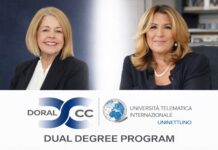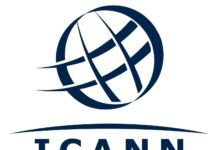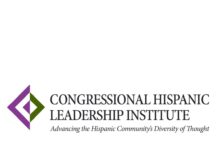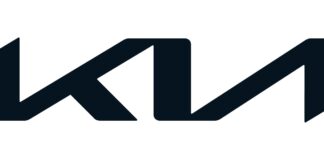ETS Launches New Website to Spark Dialogue and Innovation For K-12 Science Assessments
PRINCETON, New Jersey, June 19, 2014 /PRNewswire-HISPANIC PR WIRE/ — ETS’s Research & Development Division has launched a new website designed to inform science educators and researchers of ETS’s work developing science assessments for the primary and secondary school levels. The site is a result of the Cognitively Based Assessment of, for, and as Learning (CBAL™) initiative.
Logo – http://photos.prnewswire.com/prnh/20120110/DC33419LOGO
The CBAL™ site – which currently features a provisional science competency model and three associated learning progressions – presents approaches and principles that are consistent with the vision articulated in A Framework for K-12 Science Education and Next Generation Science Standards (NGSS).
While states decide whether or not to implement NGSS, a major goal of the CBAL science researchers has been helping advance the field by addressing some of the many challenges that science educators face.
“A central problem is how to design a system of assessments that documents what students know and can do, helps plan instruction, and is a positive learning experience for students and teachers,” according to CBAL initiative leader Randy Bennett, ETS’s Norman O. Frederiksen Chair in Assessment Innovation.
“Achieving these three goals is a very significant challenge for which the best starting point is a deep understanding of what it means to ‘know’ science,” continues Bennett. “The CBAL science competency model and learning progressions, which elaborate on the NGSS, represent our initial pass at that problem. The competency model and learning progressions are a bridge from the NGSS and learning sciences research to the design of assessments, curriculum, and professional development.”
For Research Scientist Lei Liu, continually seeking new opportunities to showcase what is being learned fuels innovation. “Our research builds on and extends work in the learning sciences and in science education more generally,” says Liu, one of the CBAL team members who created the content for the website. “CBAL science research is designed to address reform challenges as we seek to more thoughtfully integrate assessment and learning. This site represents our current understanding about the field of science education. It will also serve as a resource to learn about ongoing reform in K-12 assessment.”
Liu maintains that new science assessments should encourage sufficient opportunities to elicit how student understanding of science progresses. “This understanding, in turn, will provide a framework for teachers to use in adjusting their instruction to help students move to more sophisticated levels,” she adds. “We aim to provide a model of how to develop an assessment system that can satisfy the of, for, and as learning purposes that are the essence of all CBAL work.”
Research Scientist Aaron Rogat concurs. He says that a major goal is to move beyond past science tests that provide very little information about where students are in their understanding of science content and practice. “To do that, we use our competency model and learning progressions to design highly interactive assessment prototypes that include lab simulations. Those prototypes allow us to gather information about solution processes, as well as about final answers.”
“We would like to help teachers know, for example, more about some of the gaps in student understanding that they may not be aware of,” says Rogat. He and Liu are part of a CBAL team that also includes assessment developers with deep science content knowledge, research assistants and associates, project managers and psychometricians. “This diverse team composition gives everyone new opportunities to learn from one another so that more innovative assessments can be created.”
Visitors to the site may submit their comments and feedback by clicking Contact Us.
About ETS
At ETS, we advance quality and equity in education for people worldwide by creating assessments based on rigorous research. ETS serves individuals, educational institutions and government agencies by providing customized solutions for teacher certification, English language learning, and elementary, secondary and postsecondary education, and by conducting education research, analysis and policy studies. Founded as a nonprofit in 1947, ETS develops, administers and scores more than 50 million tests annually — including the TOEFL® and TOEIC ® tests, the GRE ® tests and The Praxis Series ® assessments — in more than 180 countries, at over 9,000 locations worldwide. www.ets.org
SOURCE Educational Testing Service






